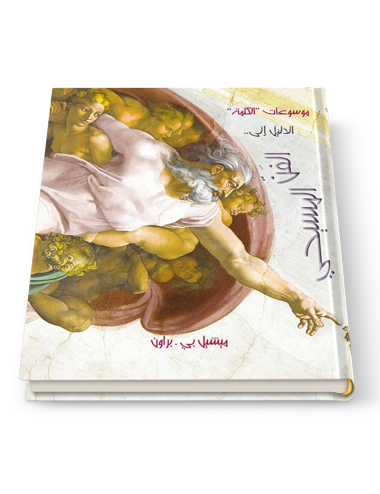The History of Christian Thought
Why would you read about the history of Christian thought? If you are Christian yourself, it helps you to understand about thinkers and the faith of the generations.
0.252 kg - 434 kg
Why would you read about the history of Christian thought? If you are Christian yourself, it helps you to understand about thinkers and the faith of the generations.
As a parent of an autistic son, as well as the director of a pediatric neuro-developmental center, Dr. Sanders draws both on his personal experience and his clinical background to guide therapists in what to say to parents and how to say it.
Autism’s core symptoms surface as problems with social interaction, restrictive interests and abnormal language development, and they often appear quite differently in various children.
The late Carl Rogers, founder of the humanistic psychology movement, revolutionized psychotherapy with his concept of client-centered therapy. His influence has spanned decades, but that influence has become so much a part of mainstream psychology that the ingenious nature of his work has almost been forgotten. Houghton Mifflin is delighted to introduce this preeminent psychologist to the next generation with a new edition of this landmark book.
We have schedule planners, computerized calendars,and self-sticky notes to help us organize our business and social lives everyday. But what about organizing the other side of our lives—the spiritual side? The inner part of our lives?
Carl Rogers was a stubborn warrior when he entered many battles - battles in the field of treatment of income with scientific medicine and psychiatry, who tried to prevent psychologists from treating patients..
Christianity has been a central force in the shaping of western culture. It is not surprising, therefore, that the greatest artists down the centuries have sought to paint its story. This book tells the history of Christian art, exploring the purpose behind the masterpieces and looking at the context in which they were created. The modern secular reader who feels detached from the meaning of the paintings will be helped to understand their emotional as well as their asethetic power. And the Christian reader will be encouraged to explore further the wonder and beauty of the Christian cultural legacy. The book includes a final chapter on the way modern artists are continuing and changing the legacy.
A great book for helping to understand affliction. Very helpful for learning to use affliction for personal growth and for experiencing increased intimacy with God. I recommend it to anyone who has lost a loved one, lost a leg, lost a job and/or suffered any pain or loss during their life's journey.








